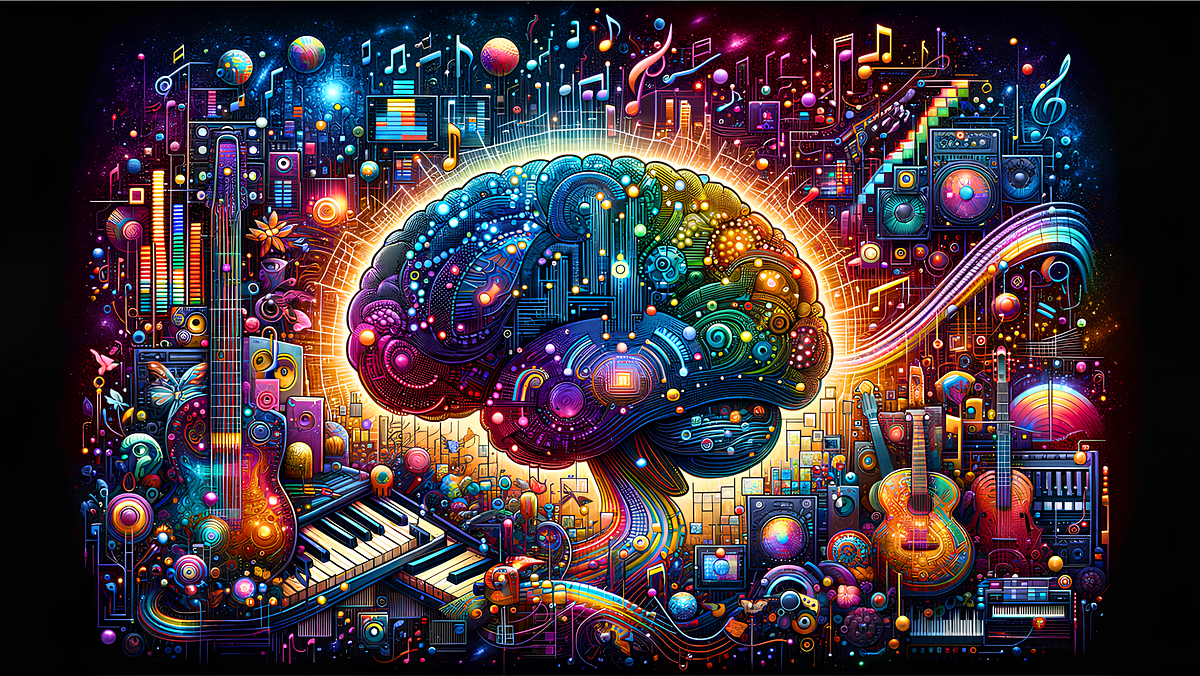We are at the Jurassic age for this tech- and everything seems possible now
Absolutely, but I'm living in the here and now.
What the future holds is uncertain; it could bring anything or its complete opposite. Technology doesn't always progress in the expected ways, and in this instance, it's not merely about technology but also numerous overlapping social issues.
Therefore, making any predictions is tricky—they tend to end up as mere speculation. Take, for example, the enormous amounts of energy these systems need to operate.
That's just one of many issues.
The challenges of widespread usage are vast, covering ethical, social, and technical aspects. The impact they have—and could potentially have—spans various sectors and virtually affects EVERYTHING. Thus, we're dealing with a phenomenon that's tough to forecast.
At the moment, some people are just surfing the trend, trying to make a quick profit, especially given the significant investments required to kickstart this entire setup. But once more, I don't have a clear vision of how things will unfold. That’s why I focus on the present, or at most, the immediate future.






